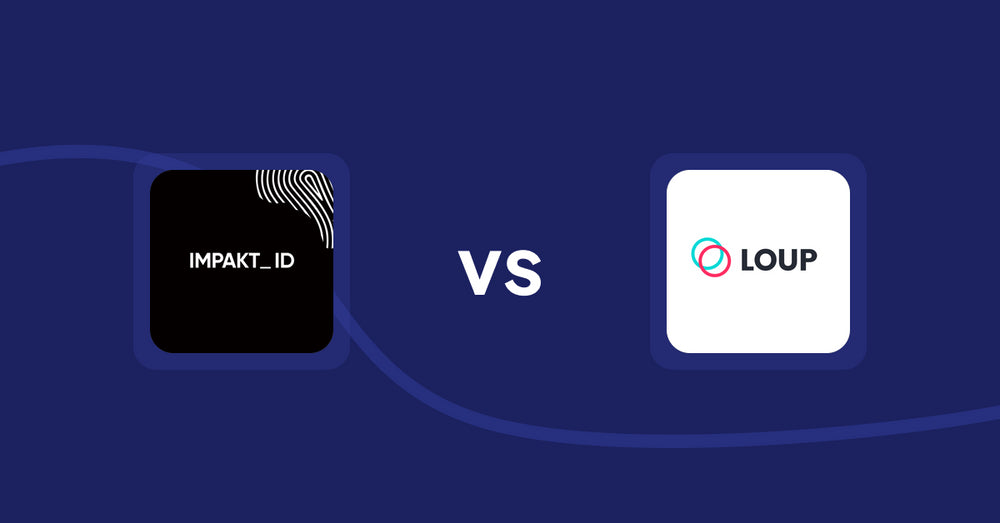Shopify Metafield Apps: StoreHours vs Easy MetaField
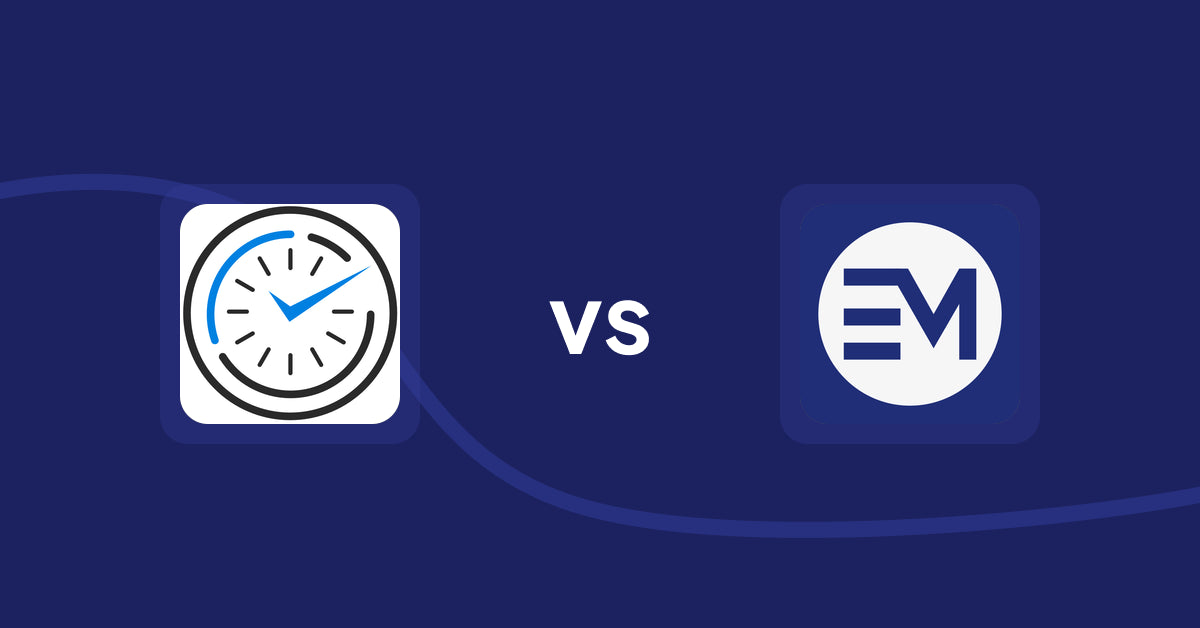
Table of Contents
- Introduction
- How Does StoreHours Work?
- How Does Easy MetaField Work?
- How Much Does StoreHours Cost?
- How Much Does Easy MetaField Cost?
- Cost Analysis: StoreHours vs. Easy MetaField
- User Reviews & Customer Support Insights
- Integration and Compatibility Comparison
- Conclusion
Introduction
In the competitive landscape of e-commerce, Shopify store owners constantly seek ways to enhance their online shopping experience. One of the pivotal tools available for achieving this is the Metafield. Metafield apps play a significant role in improving product visibility, providing additional information, and enhancing customer engagement. Today, we will delve into two prominent Metafield apps: StoreHours and Easy MetaField. These applications offer unique capabilities to improve users' Shopify experience and seamlessly integrate with existing systems.
How Does StoreHours Work?
StoreHours is designed to streamline the process of displaying operating hours prominently, thus ensuring customers are informed about when they can engage with your business. The application enables users to set up hours effectively via an intuitive admin dashboard. Let’s explore its main features in detail:
-
Clean Storefront Display: StoreHours features a minimalistic and aesthetically pleasing display on the storefront. This allows businesses to maintain a professional image while communicating crucial operational information.
-
Customizable Time Ranges: The app allows for multiple time ranges per day, accommodating businesses with varied hours or breaks. For instance, a café that opens for lunch and dinner can set distinct time ranges for each, ensuring customers aren't left guessing.
-
User-Friendly Interface: The setup process is designed to be simple and efficient, eliminating the need for technical expertise. This is particularly beneficial for startups and smaller businesses that may not have dedicated IT resources.
-
Multi-language Support (Premium Feature): For businesses catering to diverse clientele, the premium option includes multi-language support, enhancing accessibility and customer satisfaction.
Relevance of Features
For startups, the free version with standard hours is ideal for establishing a basic online presence. Small to medium businesses may find the premium features particularly valuable as they expand operations, especially during holidays when flexible hours are crucial. Large enterprises benefit greatly from the system's adaptability, ensuring that complex operational needs are met without sacrificing clarity for the customer.
Imagine a scenario where a local bakery uses StoreHours to highlight their seasonal holiday schedule. They can dynamically update their operational hours for bustling periods while providing a seamless shopping experience for each customer.
How Does Easy MetaField Work?
Easy MetaField simplifies the process of adding custom fields to product pages, allowing enhanced information display. This can include details such as size charts, specifications, or any additional information merchants need to communicate to their customers.
Key Features of Easy MetaField
-
Unlimited Custom Fields: Users can create as many custom fields as required, making it adaptable for businesses with diverse products and information needs.
-
Efficient Management Tools: The app facilitates easy searching and editing of data fields, making it practical for shops with extensive inventories.
-
User-Friendly Interface: Similar to StoreHours, it claims simplification of the setup process, ensuring that even less tech-savvy users can benefit.
Business Sizes and Utility
Startups can leverage Easy MetaField to enhance their product descriptions, which may be crucial for establishing credibility. Medium-sized and larger enterprises might fully utilize its features to manage vast inventories or complex products that require accurate representation and detail.
However, since Easy MetaField remains relatively underutilized—reflected in its lack of reviews—it raises questions about its effectiveness and reliability compared to StoreHours.
How Much Does StoreHours Cost?
StoreHours presents cost-effective solutions that are especially attractive in the current economic landscape.
Pricing Structure
-
Basic Plan – Free
- Features: Standard hours display, up to 10,000 monthly page views.
- Limitations: Limited functionality, no dynamic holiday updates.
- Target Audience: Startups looking for a no-cost entry point.
- Additional Costs: None.
-
Premium Plan – $5/month
- Features: Unlimited page views, dynamic holiday hours, multilingual support.
- Limitations: Monthly fee may deter some smaller businesses.
- Target Audience: Growing businesses emphasizing customer communication.
- Additional Costs: None.
It is important to note that you can always reach out to our team and we can create a custom pricing plan to suit your needs and your budget. Schedule a call via this link and we’ll come up with the best solution for you and your business.
How Much Does Easy MetaField Cost?
As of now, Easy MetaField does not provide clear pricing options since the price tiers are empty. It's essential to understand how cost plays a crucial role in selecting the right tool for businesses. The unclear pricing tier may raise concerns about the app's accessibility and affordability, especially for smaller retailers eager to maximize returns on their investments.
Cost Analysis: StoreHours vs. Easy MetaField
When comparing the apps, StoreHours offers significant value for money. Its tiered pricing strategy allows flexibility for businesses of all sizes, especially the premium plan, which is competitively priced given its feature set.
In contrast, Easy MetaField's lack of specifications on pricing may limit its appeal, causing potential users to default to clearer options like StoreHours. This price transparency makes StoreHours a preferable choice, ultimately providing better cost-efficiency for varying scales of operations in Metafield.
User Reviews & Customer Support Insights
Is StoreHours Good?
StoreHours has earned a stellar reputation, boasting a perfect 5-star rating from 64 reviews since its launch. Users frequently highlight its ease of use and the clarity it brings to store hours. Positive feedback reflects its effective functionality in enhancing customer satisfaction and operational transparency.
Is Easy MetaField Good?
Conversely, Easy MetaField has received no reviews and thus holds an average rating of 0 stars. While it might present several attractive features, its lack of user feedback raises questions. Users might appreciate aspects such as its unlimited fields but could also criticize its lack of visibility and support.
Customer support plays a crucial role in user adoption and satisfaction. Easy MetaField’s vague offerings might leave potential users wondering about the support they would receive, ultimately affecting their willingness to try the app.
User Preference: StoreHours or Easy MetaField?
Based on ratings, StoreHours clearly stands out as the more favored option among users. The stark difference suggests that StoreHours, with its comprehensive features and historical performance, is more effective. Prospective customers are likely to lean towards the app that offers proven results, reliability, and positive user experiences.
Integration and Compatibility Comparison
StoreHours Integrations
StoreHours fluidly integrates with Shopify platforms without requiring external tools. Its functionality ensures a seamless embedding process within an existing store's framework, aptly meeting the needs of both new and seasoned businesses.
Easy MetaField Integrations
While specific integration information regarding Easy MetaField is lacking, its general compatibility with Shopify suggests a similar experience as StoreHours. However, without evident support or integration feedback from users, its effectiveness remains in question.
Conclusion
Both StoreHours and Easy MetaField aim to enhance shop functionality through Metafield solutions. Nevertheless, StoreHours emerges as a superior choice, boasting a user-friendly design, a broad array of indispensable features, and flexible pricing that other apps fail to match. With its impressive 5-star rating and rapid acceptance by the Shopify community, it has affirmed its position as a reliable tool for improving customer engagement and operational effectiveness. The considerations of ease of use, affordability, and proven functionality make StoreHours an indispensable asset for businesses striving to create impactful customer experiences.
Still Searching for the Perfect Customization Solution?
Stop searching and start thriving with Accentuate Custom Fields! This powerful metafield management app supercharges Shopify’s native features, giving you the tools to create a truly personalized customer experience.
Why Choose Accentuate Custom Fields?
- Advanced Customization: Unlimited field definitions, logical grouping, and custom layouts make your store one-of-a-kind.
- Enhanced Editor Experience: Effortlessly edit variant metafields, use advanced HTML and markdown editors, and sync field definitions between stores.
- Flexible Management: Import/export capabilities, automatic tagging, and comprehensive support for Metaobjects and versioning.
- 24/7 Support: If you have any questions or need assistance, our team is available around the clock to help with any custom modifications to suit your store.
Join over 12,000 merchants, including top Shopify Plus stores, who trust Accentuate for their customization needs. With a stellar 4.9-star rating, Accentuate is the go-to tool for advanced CMS needs, offering unmatched flexibility and control over your store’s content. Elevate your Shopify store with high-quality content that boosts customer experiences and conversions. Tell your story, showcase your products, and create an engaging customer journey with ease.
Experience the Accentuate difference and watch your Shopify store thrive!
Accentuate vs Competition
Explore how Accentuate Custom Fields stands out. Whether you’re aiming to customise your storefront, streamline operations or improve content management, see how we compare against the competition
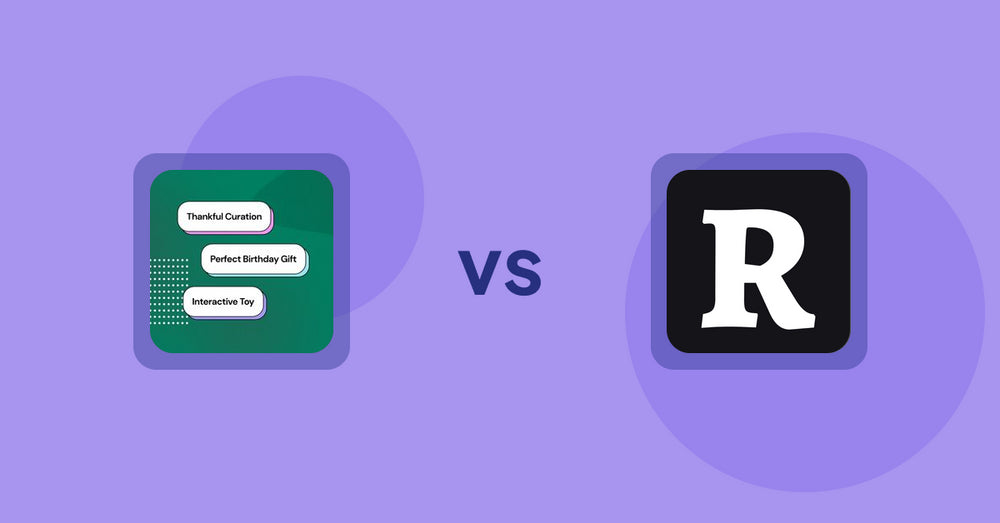
Shopify Product Display Apps: FeatureFrame ‑ Pretty Product vs. AI SEO: Top Product Features
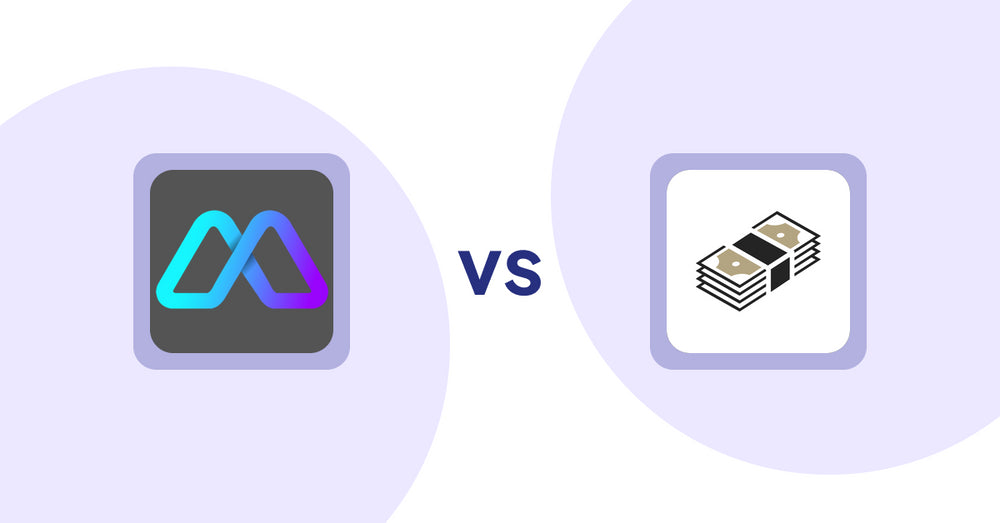
Shopify Product Display Apps: Metadrob: Create Virtual Store vs シンプルクラウドファンディング|お手軽自社クラファン
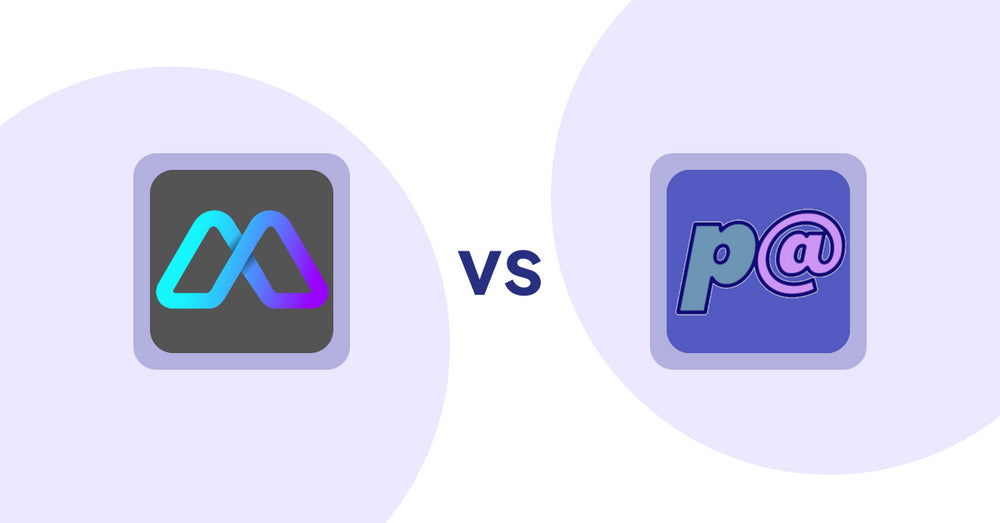
Shopify Product Display Apps: Metadrob: Create Virtual Store vs Parameterizer
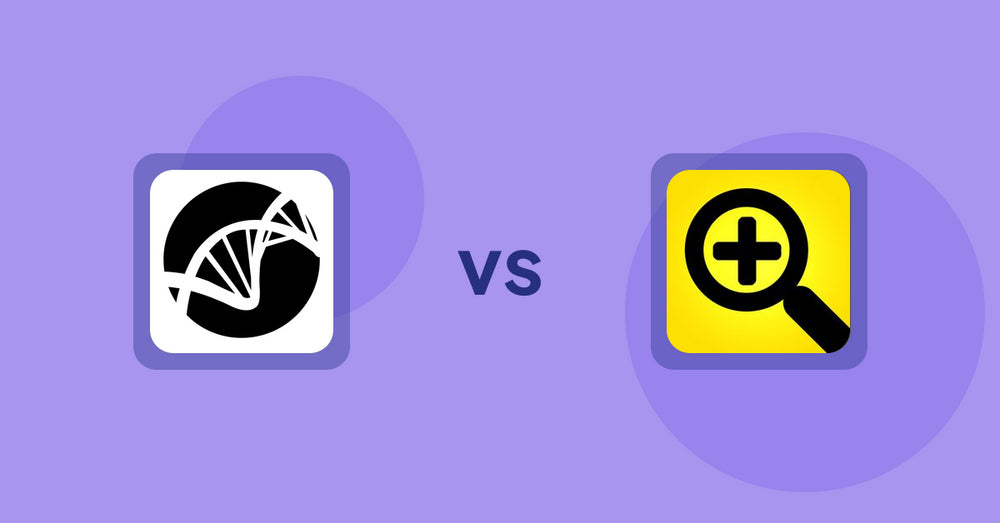
Shopify Product Display Apps: Bike Matrix vs. Fast View: Fastest Quick View
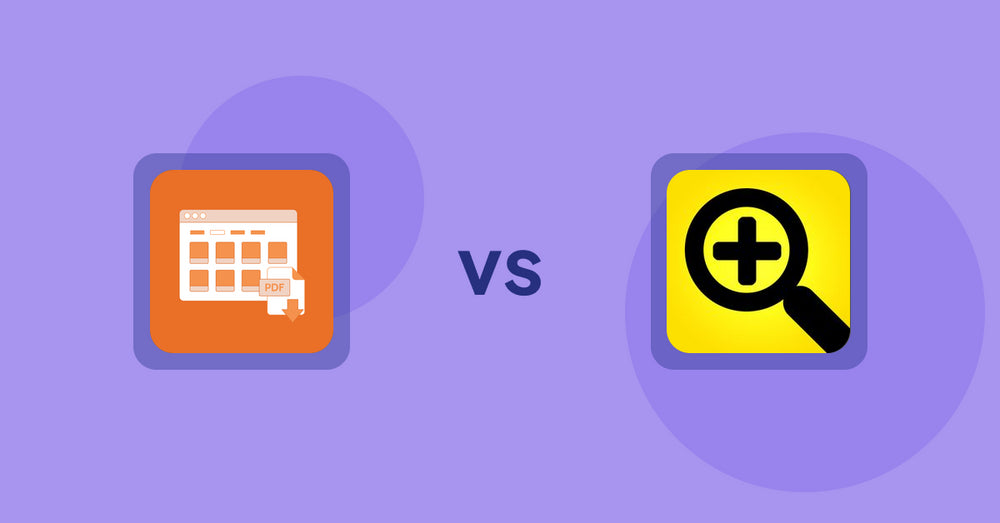
Shopify Product Display Apps: Meetanshi PDF Product Catalog vs Fast View: Fastest Quick View
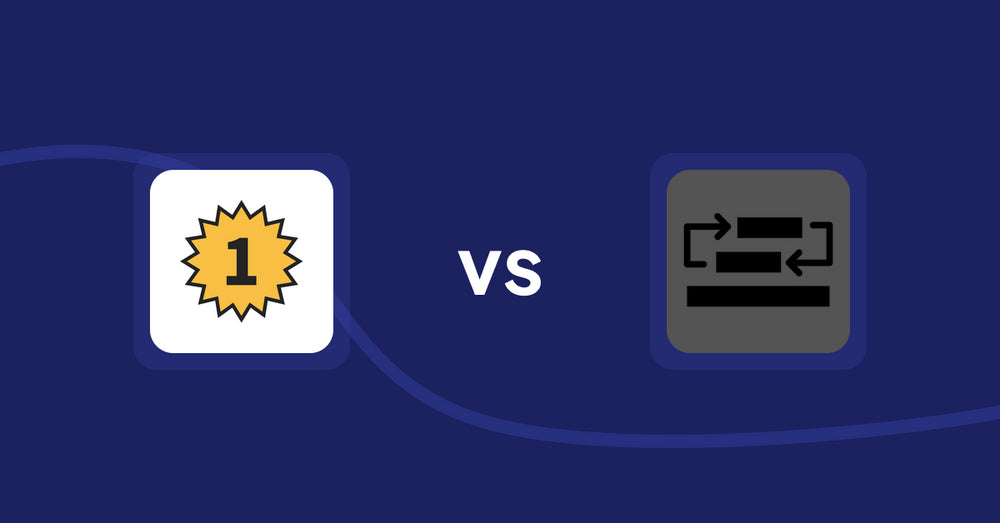
Shopify Product Display Apps: UR: Smart Ranking vs Sortyfi Collection Merchandise
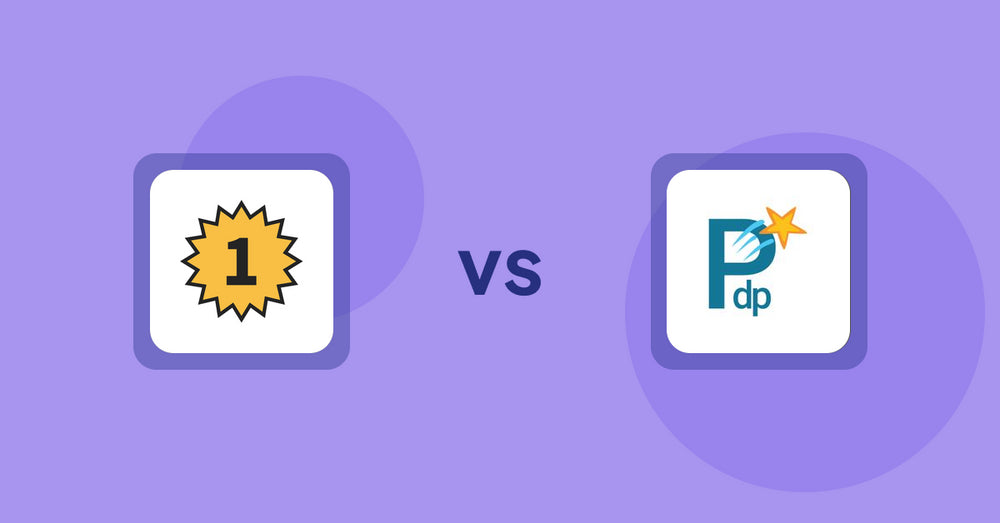
Shopify Product Display Apps: UR: Smart Ranking vs PDP Star
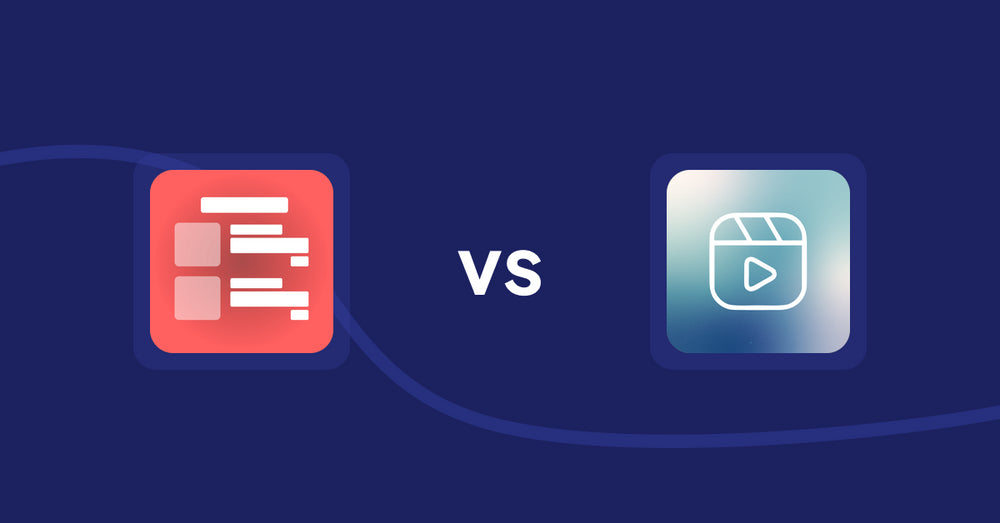
Shopify Product Display Apps: Menulog vs Reelify ‑ Shoppable Reel Video
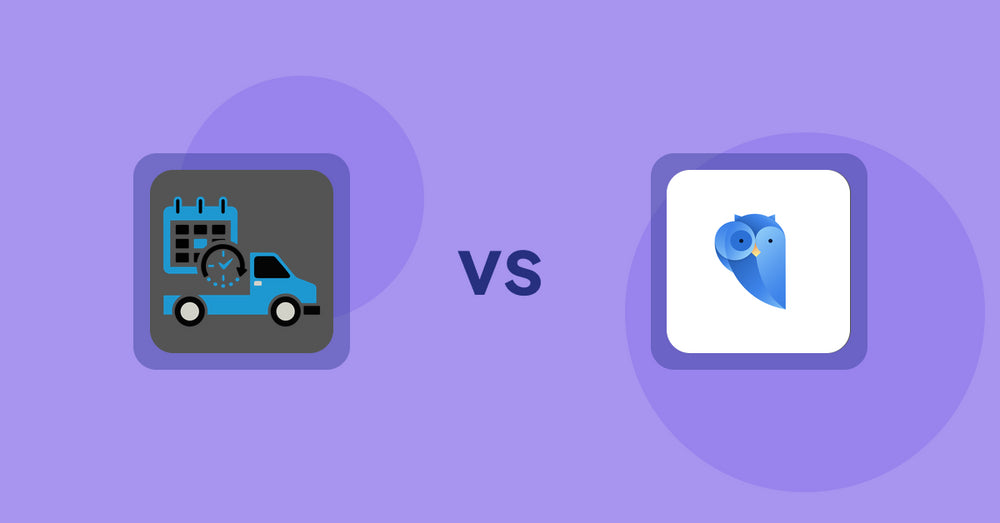
Shopify Product Display Apps: H3 Estimated Delivery vs Findify Search & Merchandise
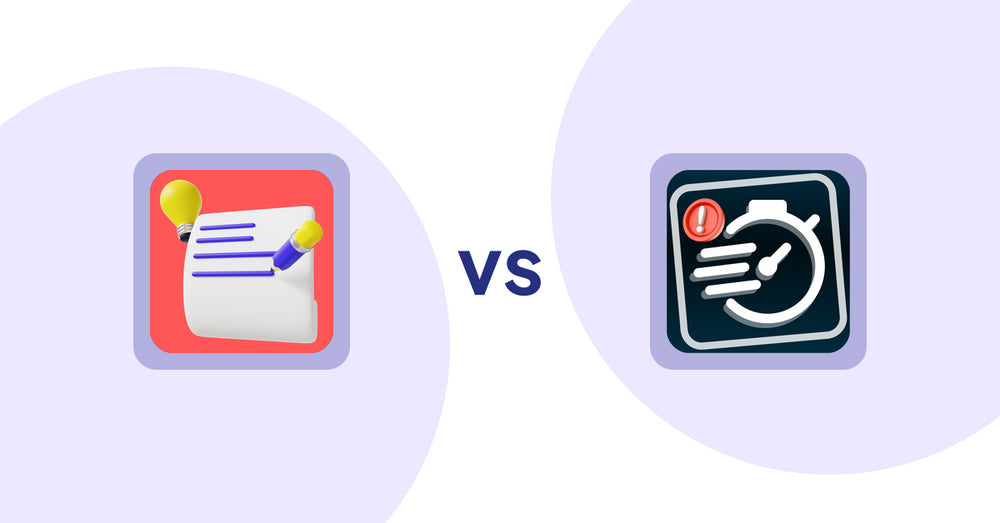
Shopify Product Display Apps: Wordo ‑ ChatGPT AI Description vs Urgency! Low Stock Counter
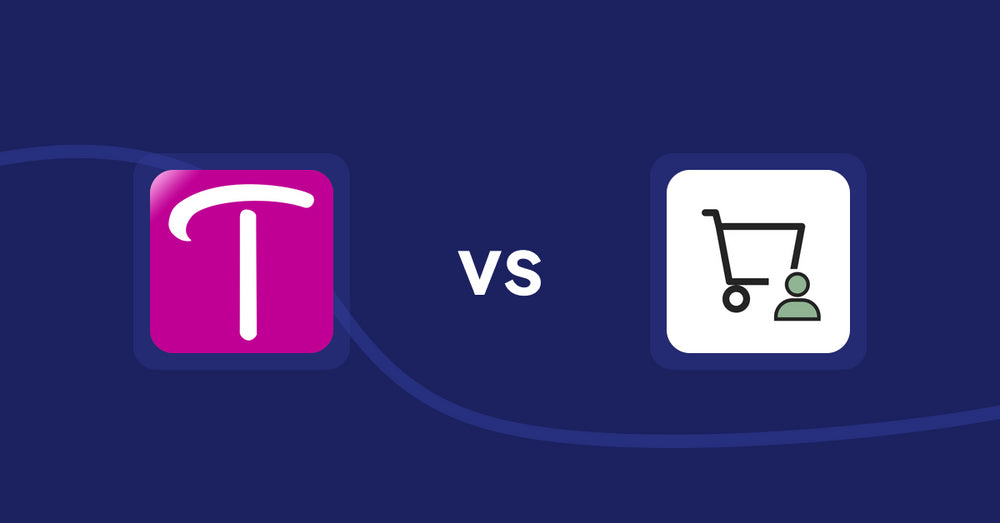
Shopify Product Display Apps: WS Transparency vs シンプル会員注文割引|お手軽ログインセール設定
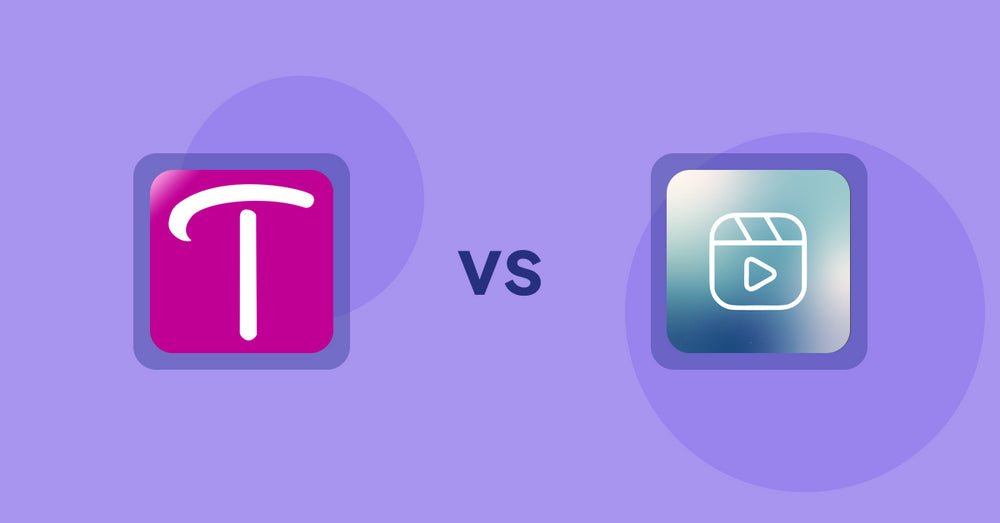
Shopify Product Display Apps: WS Transparency vs Reelify ‑ Shoppable Reel Video
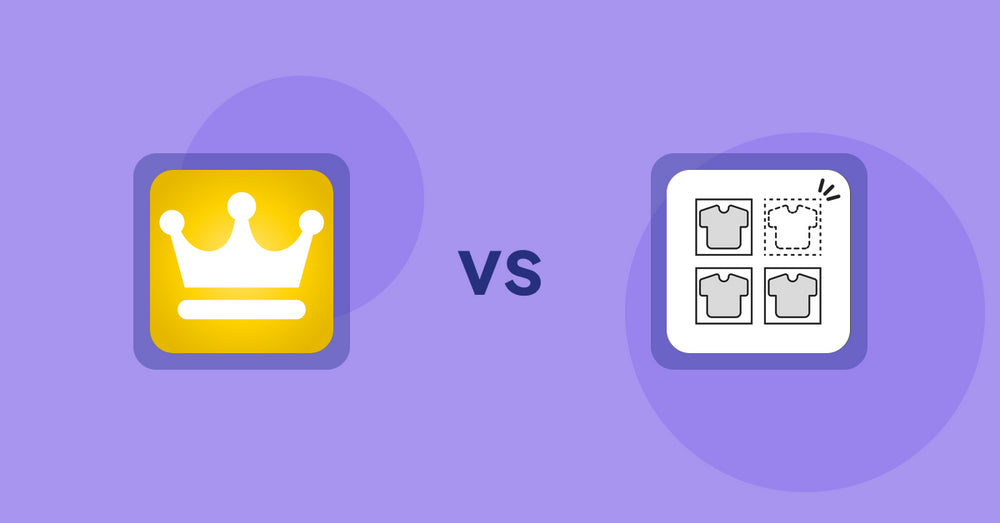
Shopify Product Display Apps: Awesome Ranking vs シンプル売り切れ非表示|在庫切れ商品の表示変更
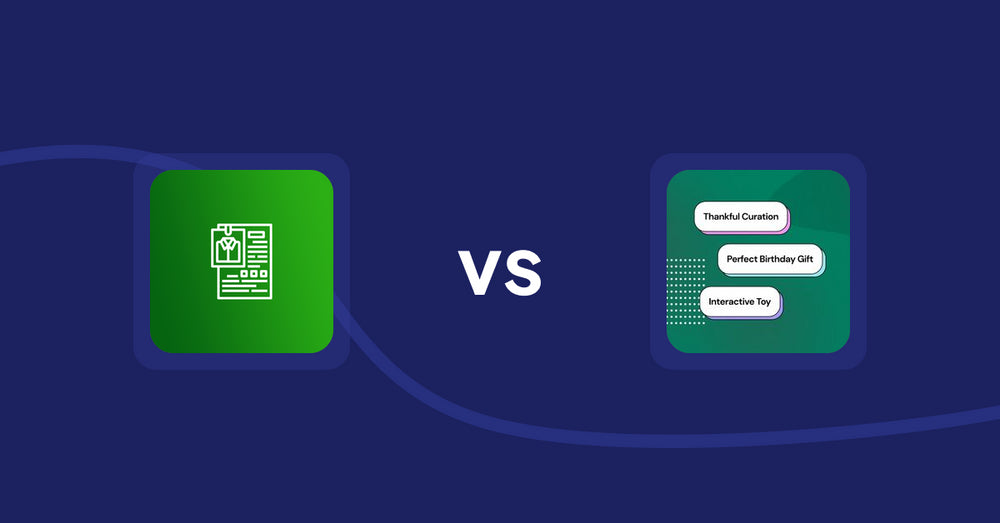
Shopify Product Display Apps: OC Product Size Chart vs FeatureFrame ‑ Pretty Product
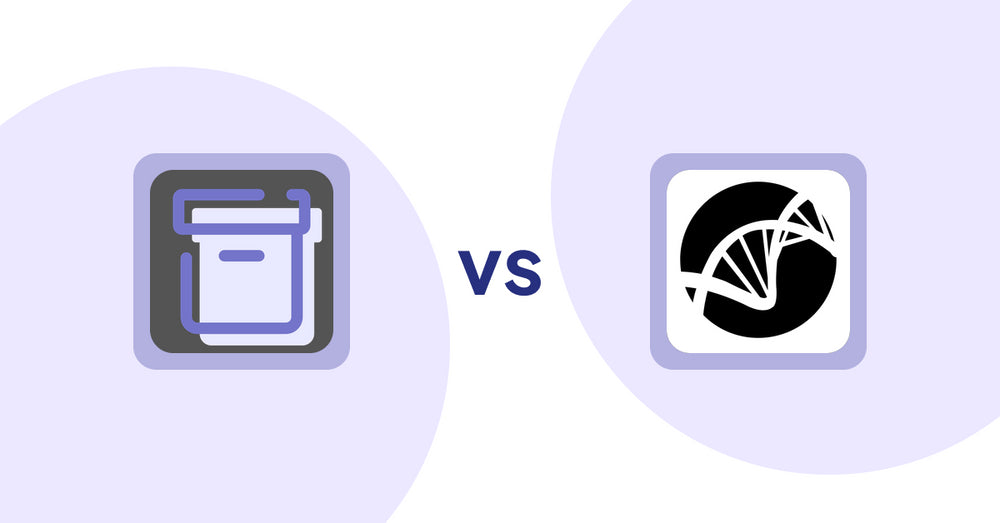
Shopify Product Display Apps: Shelfify vs Bike Matrix
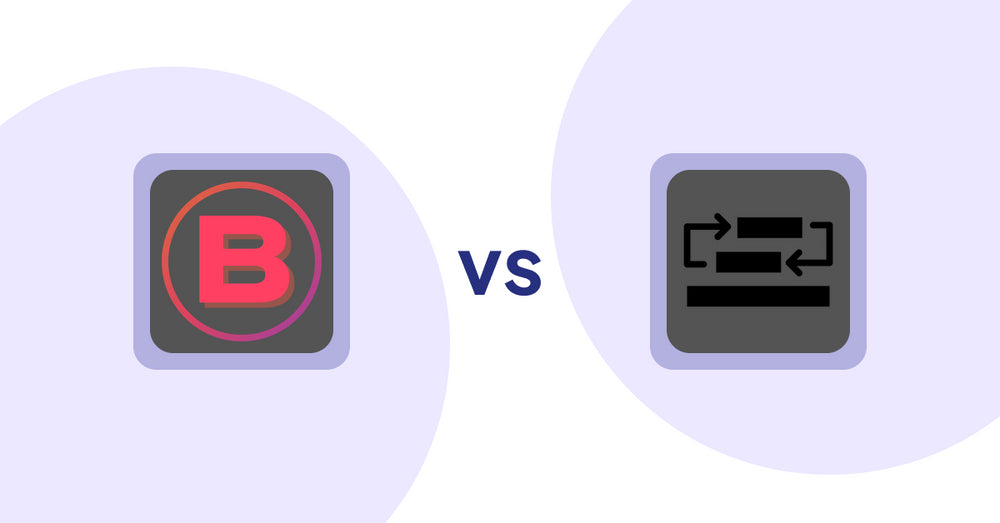
Shopify Product Display Apps: Banter Stories vs Sortyfi Collection Merchandise
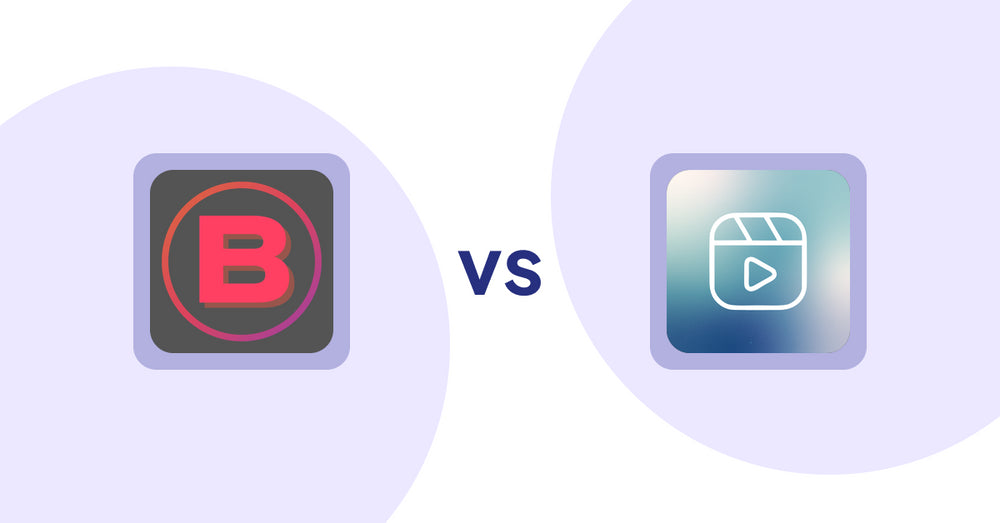
Shopify Product Display Apps: Banter Stories vs. Reelify ‑ Shoppable Reel Video
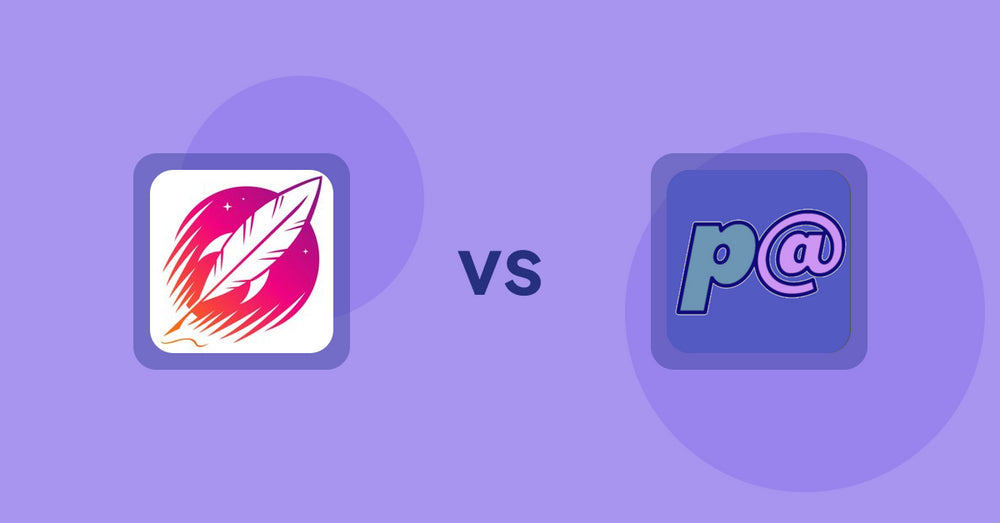
Shopify Product Display Apps: Wordsmith: Content Generator vs Parameterizer

Shopify Product Display Apps: Wordsmith: Content Generator vs Reelify ‑ Shoppable Reel Video
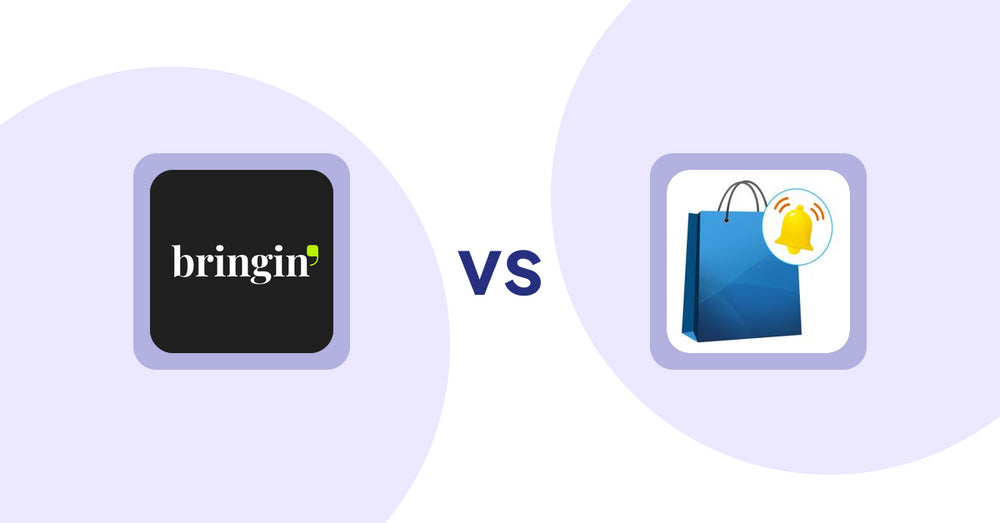
Shopify Product Display Apps: Bringin vs CartBar ‑ Product Purchase Bar
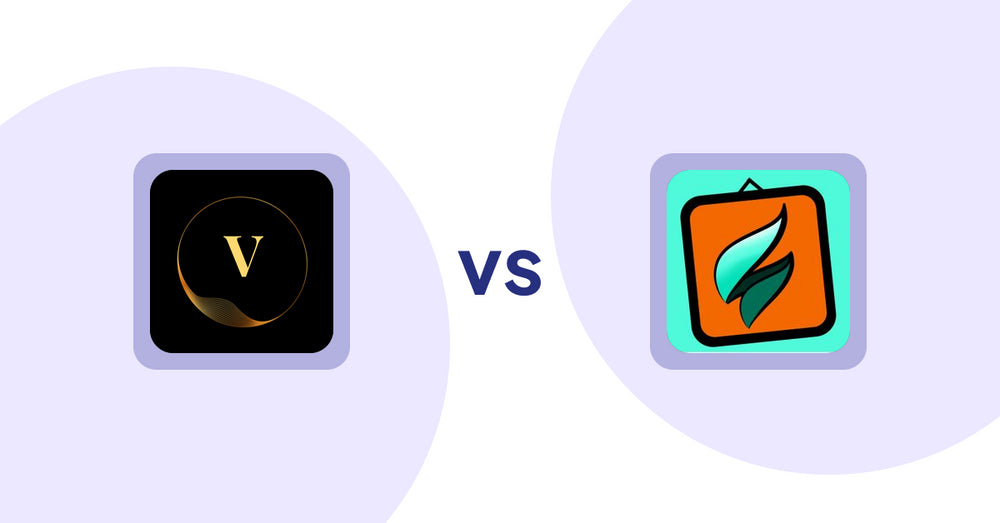
Shopify Product Display Apps: ProductTube vs SMART ‑ Art Product Builder
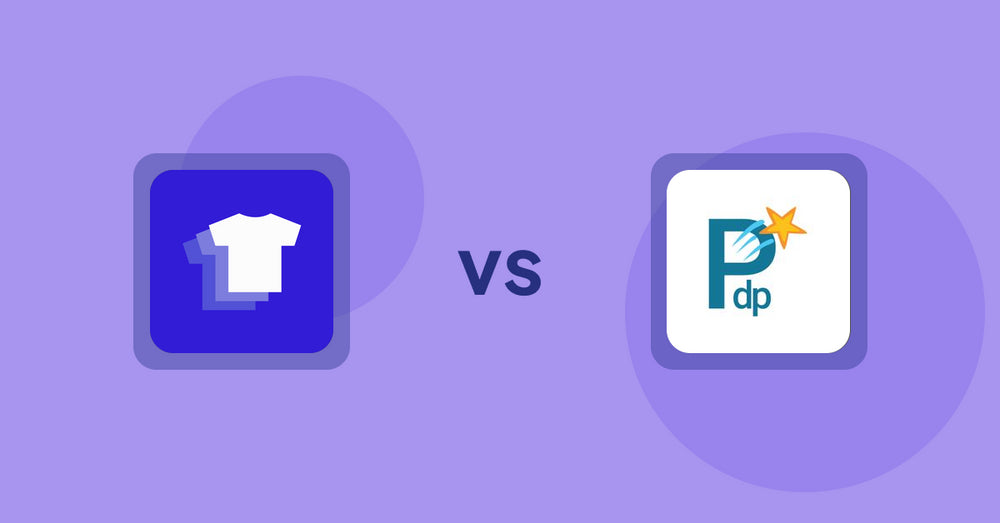
Shopify Product Display Apps: Xpander vs PDP Star
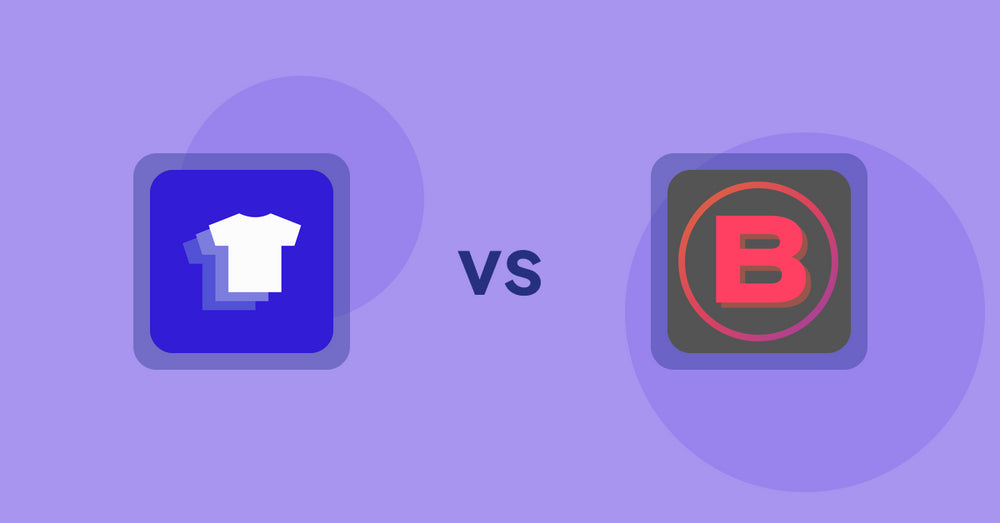
Shopify Product Display Apps: Xpander vs Banter Stories
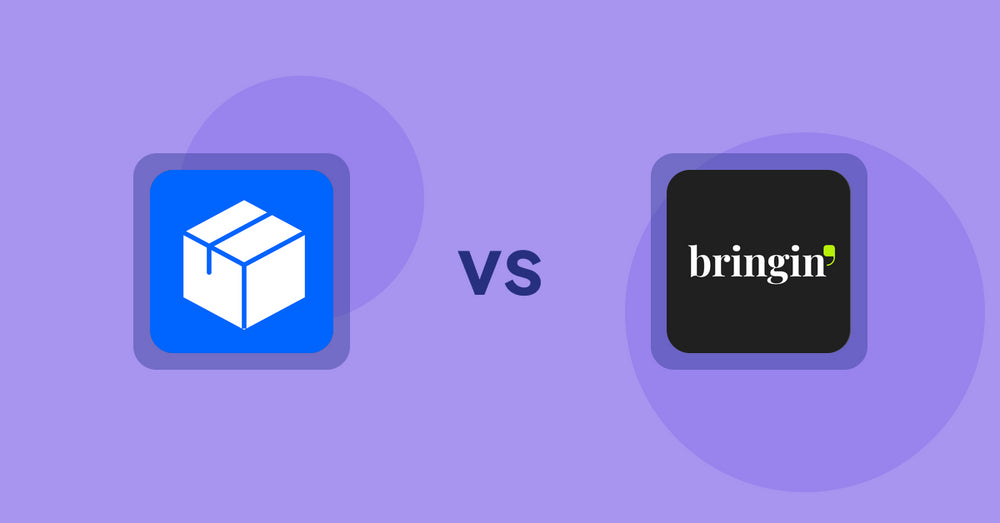
Shopify Product Display Apps: Wonderful Widgets vs Bringin
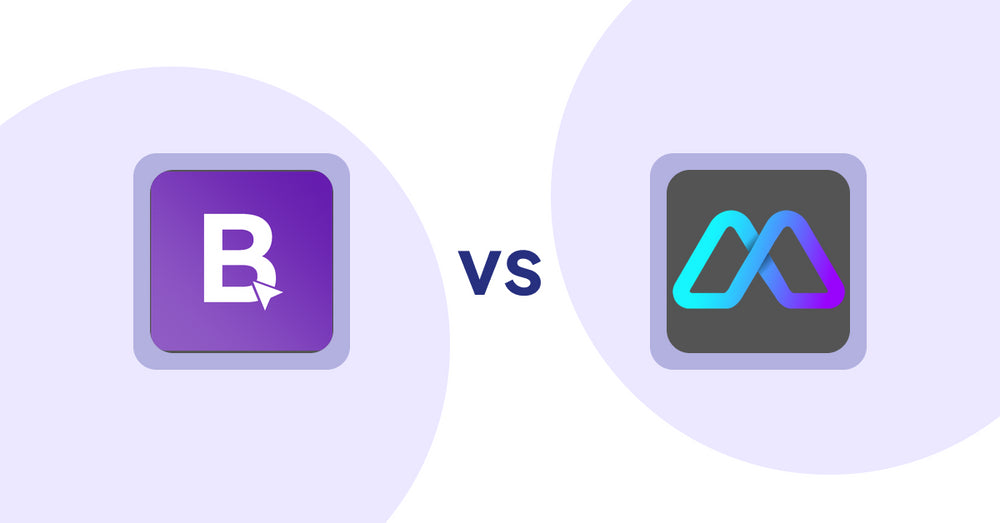
Shopify Product Display Apps: BookE - Rent Property & Service vs Metadrob: Create Virtual Store
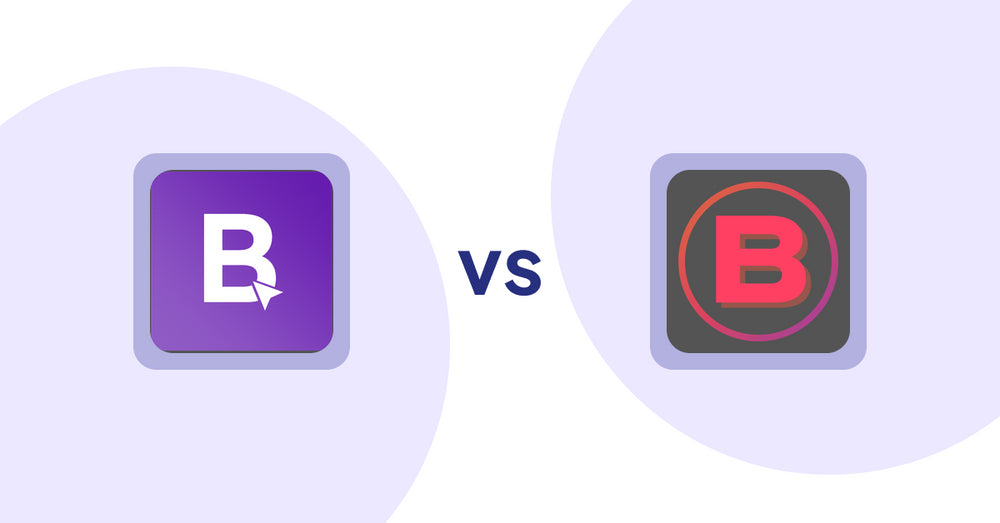
Shopify Product Display Apps: BookE ‑Rent Property & Service vs. Banter Stories
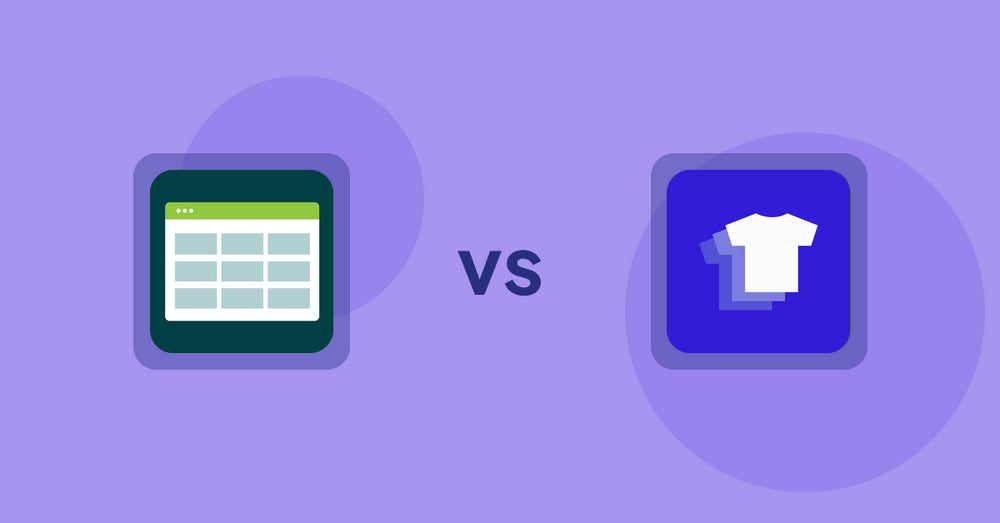
Shopify Product Display Apps: Product Table vs. Xpander
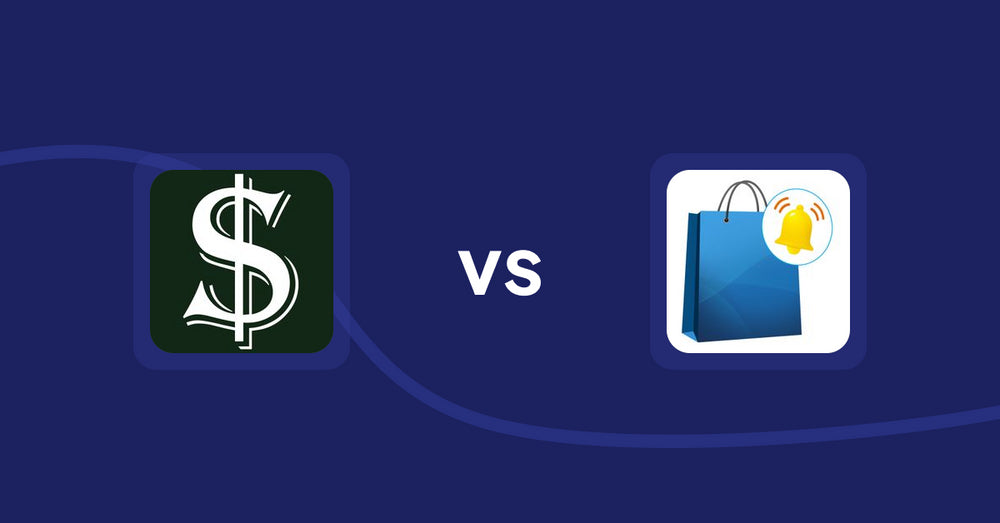
Shopify Product Display Apps: Selling Fast vs CartBar ‑ Product Purchase Bar
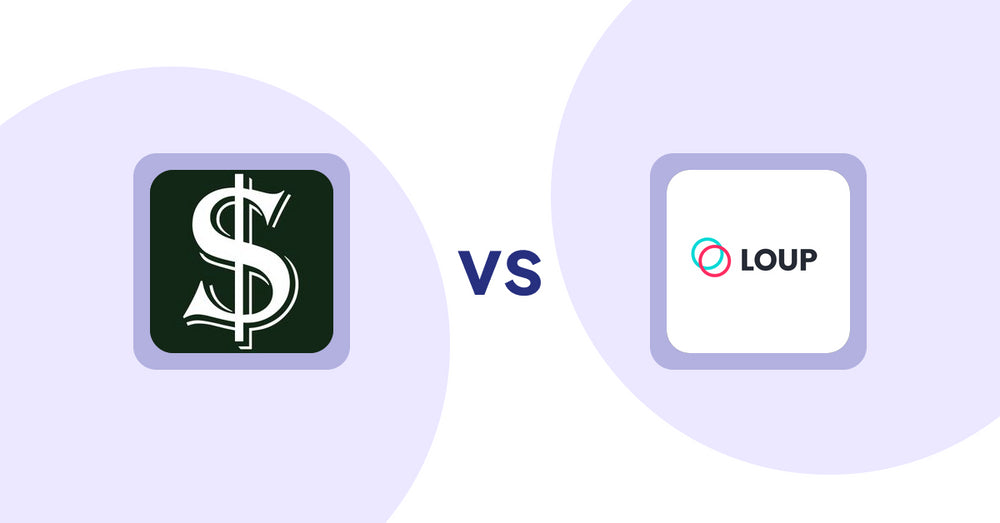
Shopify Product Display Apps: Selling Fast vs. Loup: Sell on Instagram
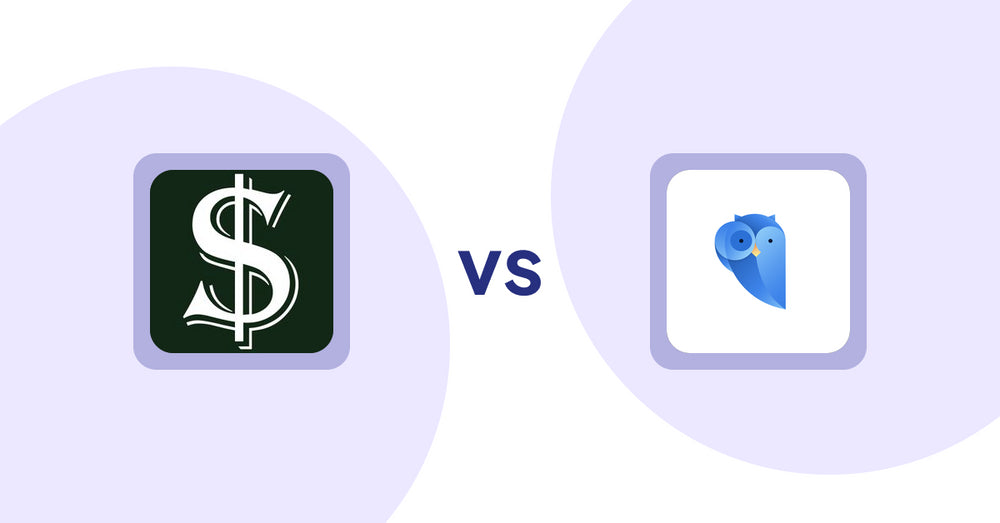
Shopify Product Display Apps: Selling Fast vs. Findify Search & Merchandise
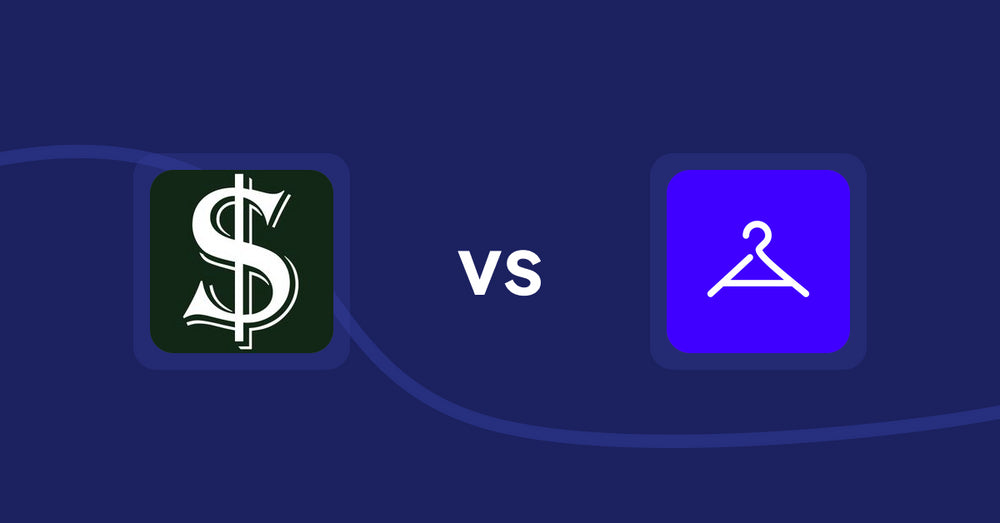
Shopify Product Display Apps: Selling Fast vs. Aiuta
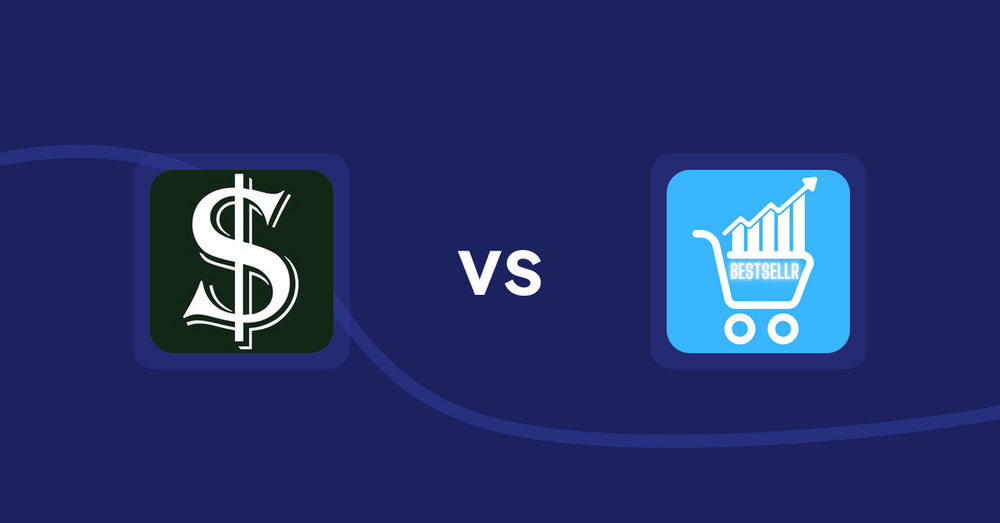
Shopify Product Display Apps: Selling Fast vs Bestsellr
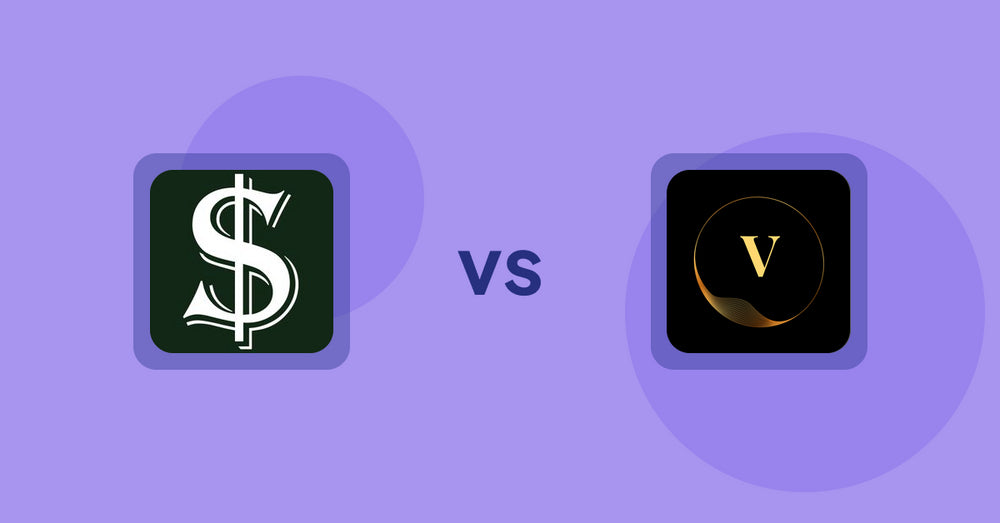
Shopify Product Display Apps: Selling Fast vs ProductTube
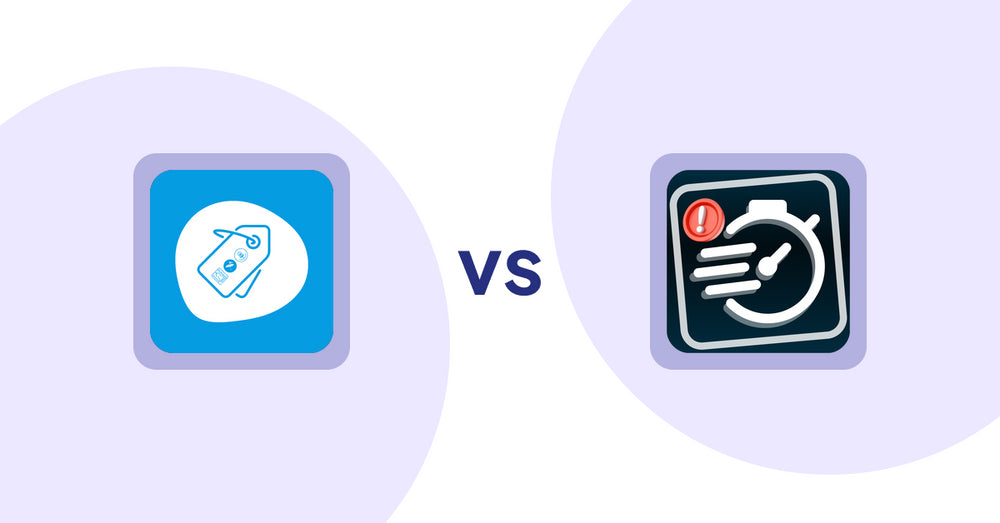
Shopify Product Display Apps: Extendons Product Tag Images vs Urgency! Low Stock Counter
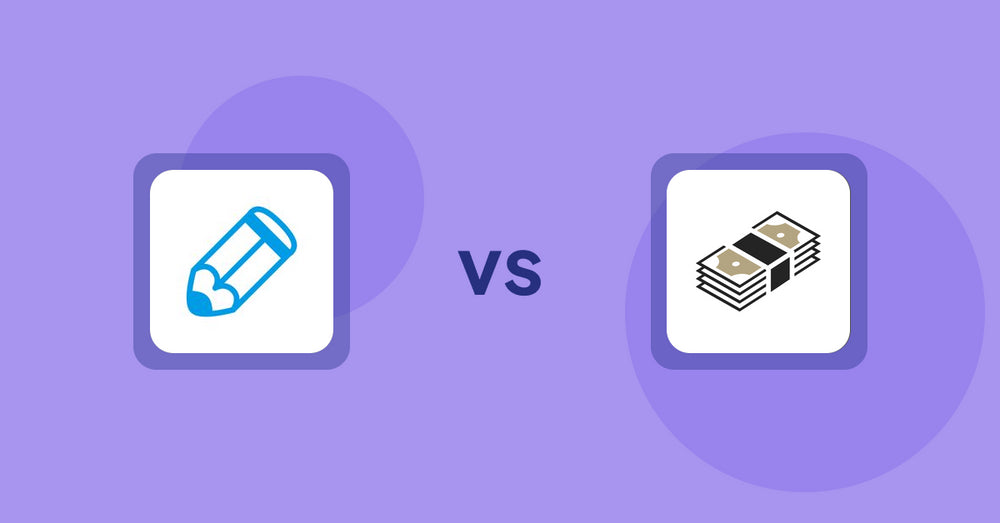
Shopify Product Display Apps: Writer Sofia vs シンプルクラウドファンディング|お手軽自社クラファン
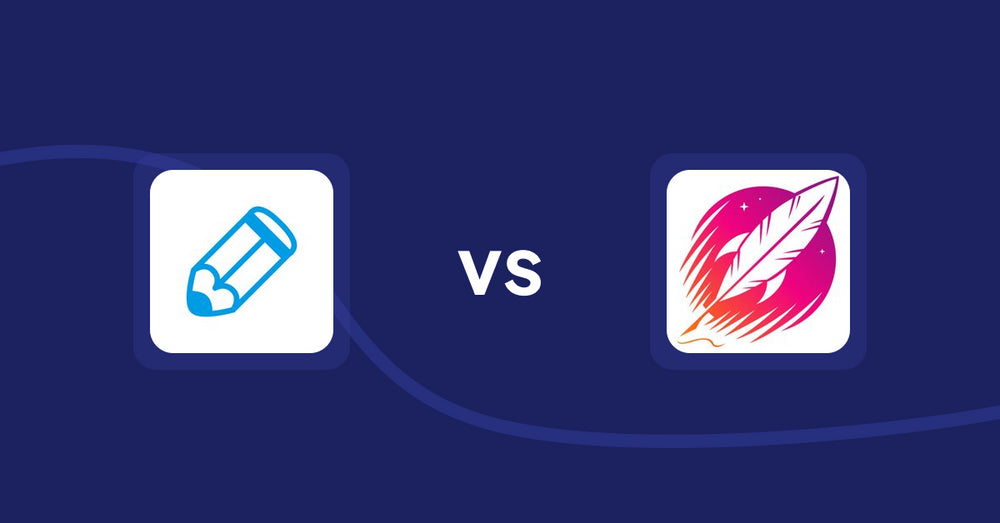
Shopify Product Display Apps: Writer Sofia vs Wordsmith: Content Generator
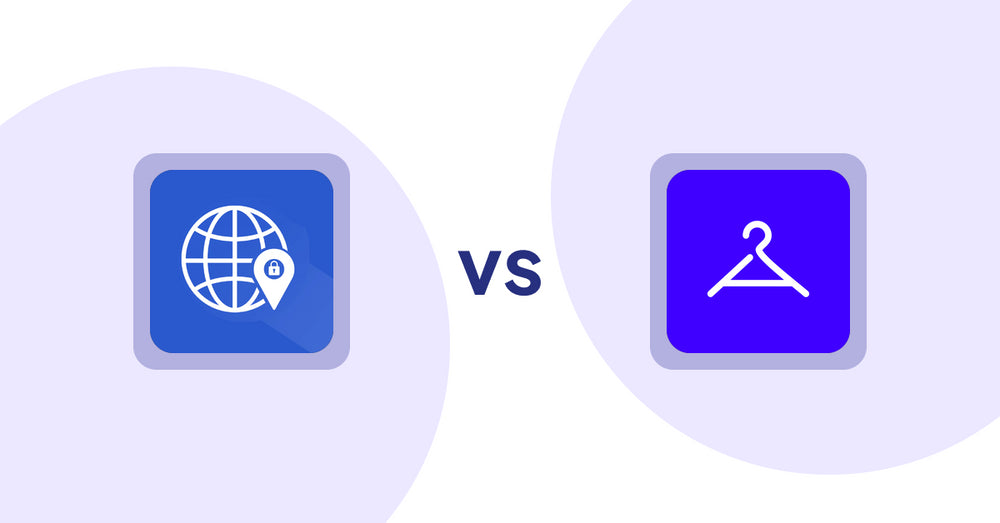
Shopify Product Display Apps: Addify ‑ Country Restrictions vs Aiuta
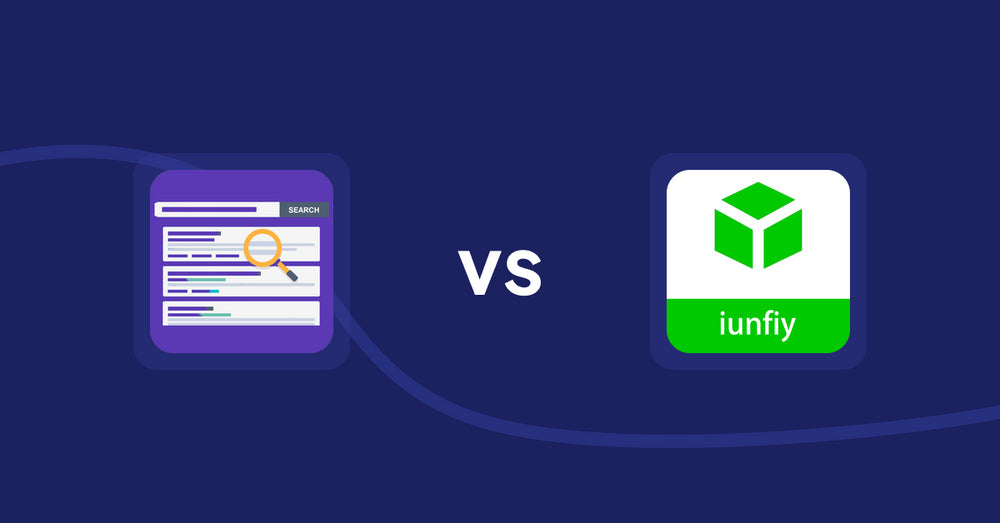
Shopify Product Display Apps: Spark AI Products Description vs iunfiy • Related Products
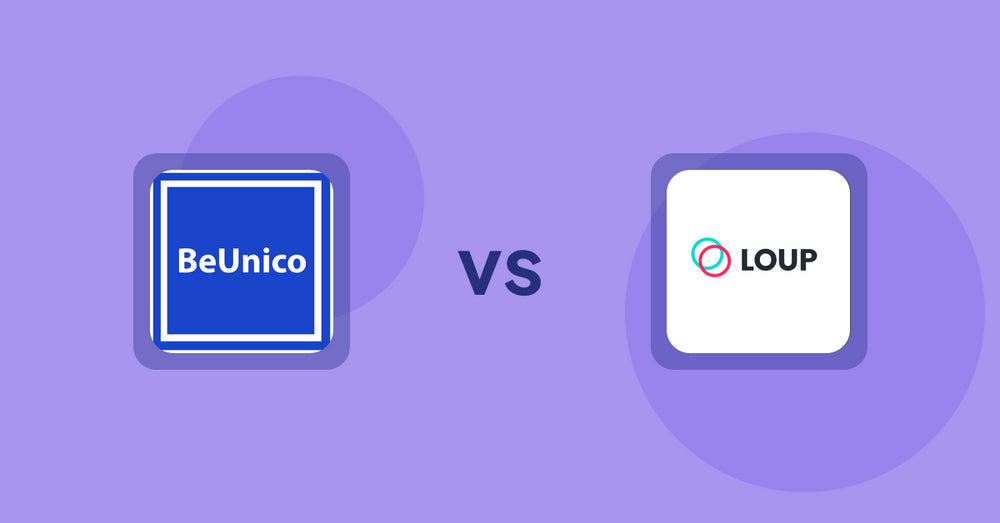
Shopify Product Display Apps: BeUnico vs Loup: Sell on Instagram
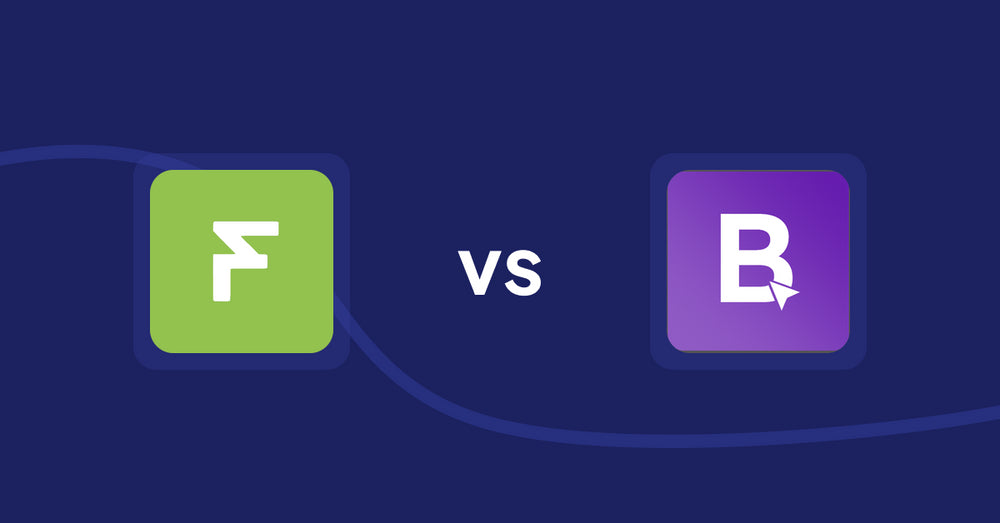
Shopify Product Display Apps: Easy Estimate Shipping vs BookE ‑Rent Property & Service
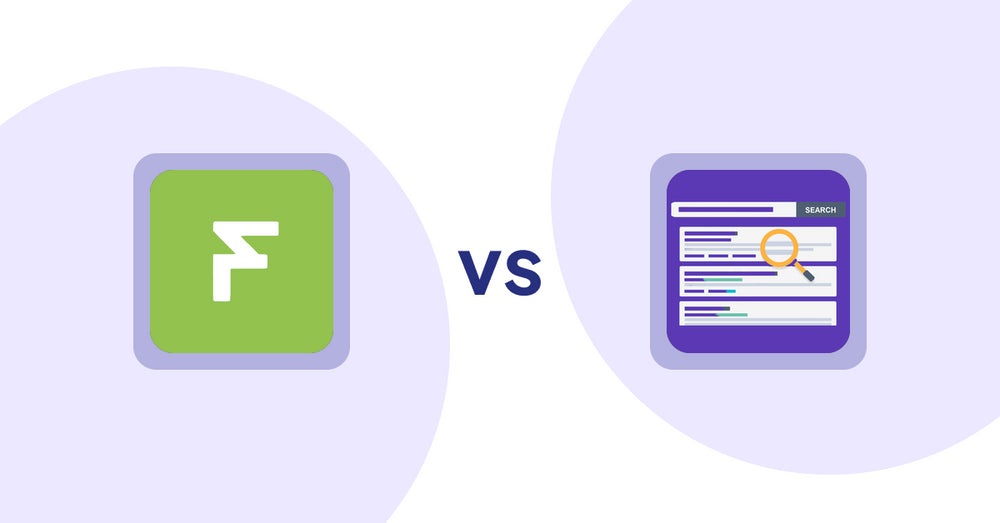
Shopify Product Display Apps: Easy Estimate Shipping vs. Spark AI Products Description
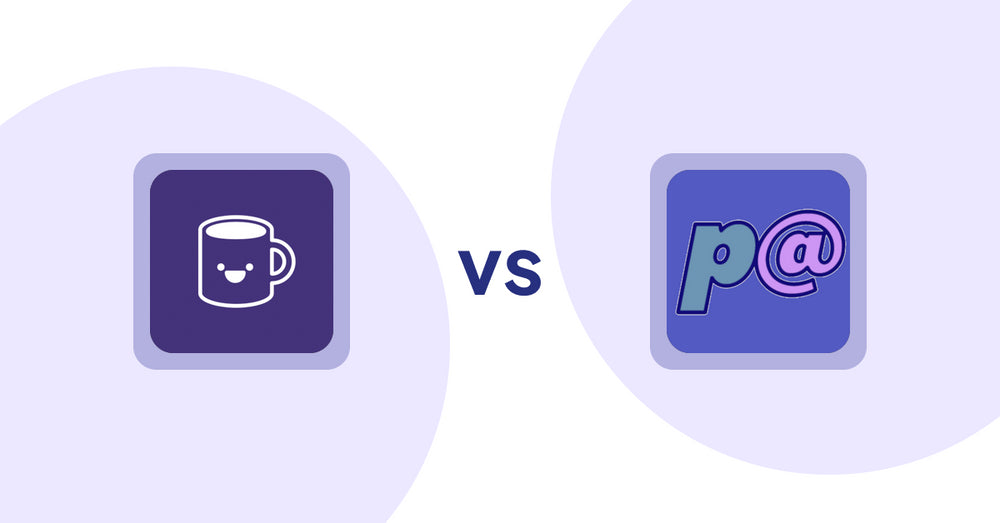
Shopify Product Display Apps: Mugshot Bot vs Parameterizer
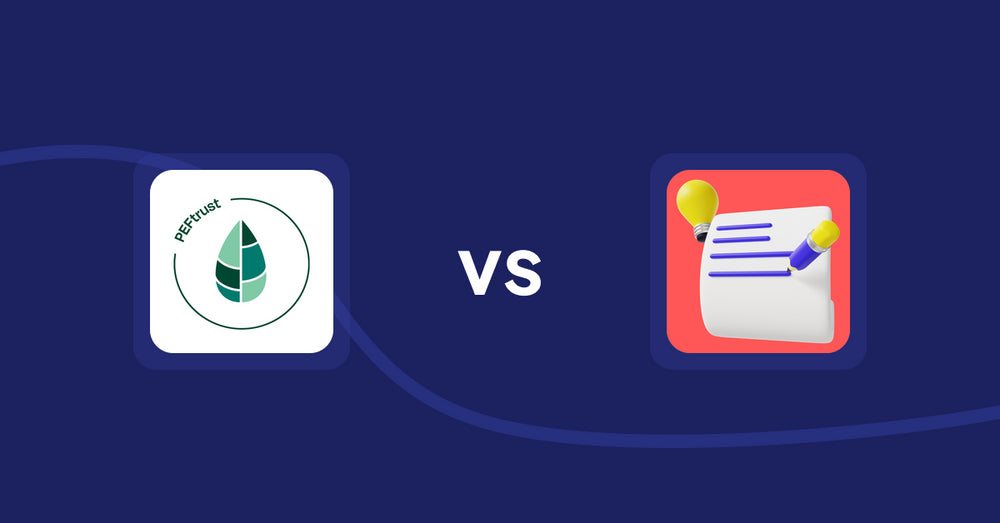
Shopify Product Display Apps: Peftrust vs. Wordo ‑ ChatGPT AI Description
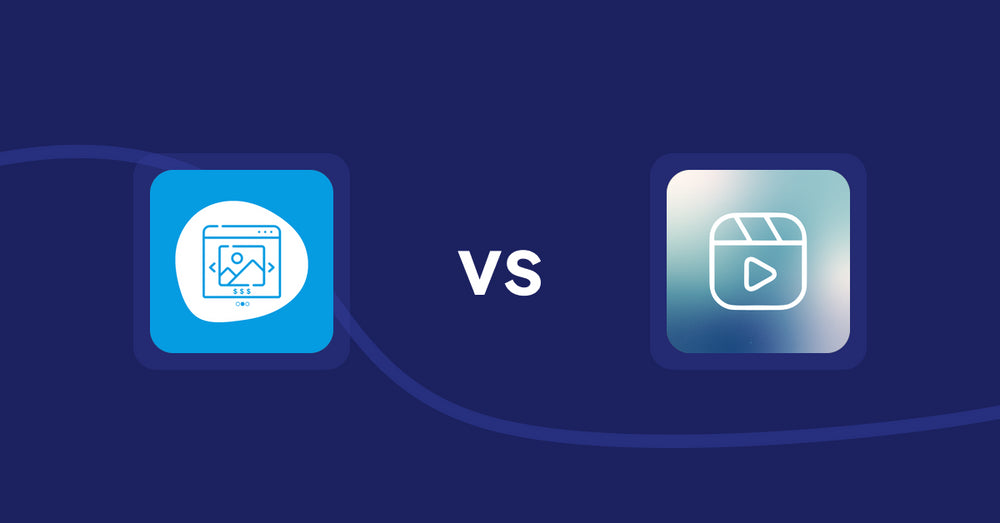
Shopify Product Display Apps: Quick Product Navigator Slide vs Reelify ‑ Shoppable Reel Video
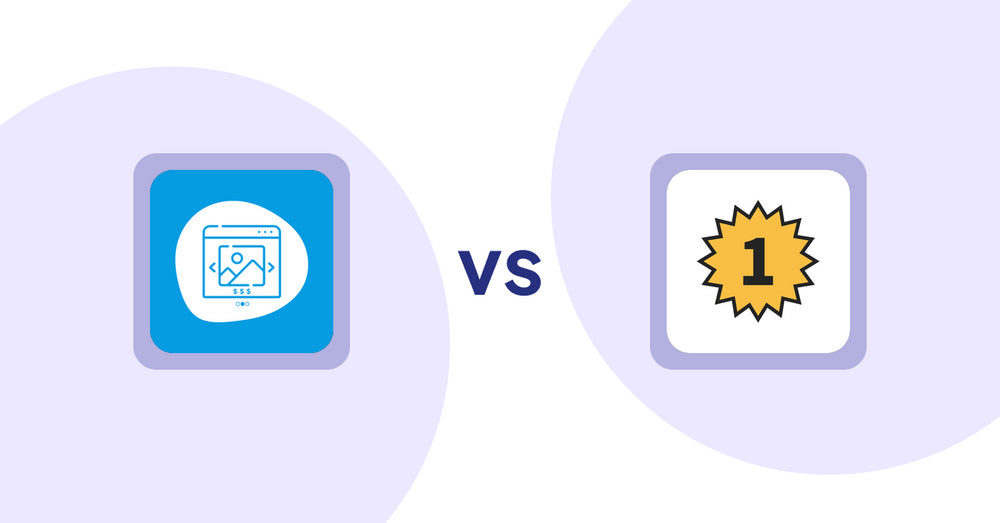
Shopify Product Display Apps: Quick Product Navigator Slide vs. UR: Smart Ranking
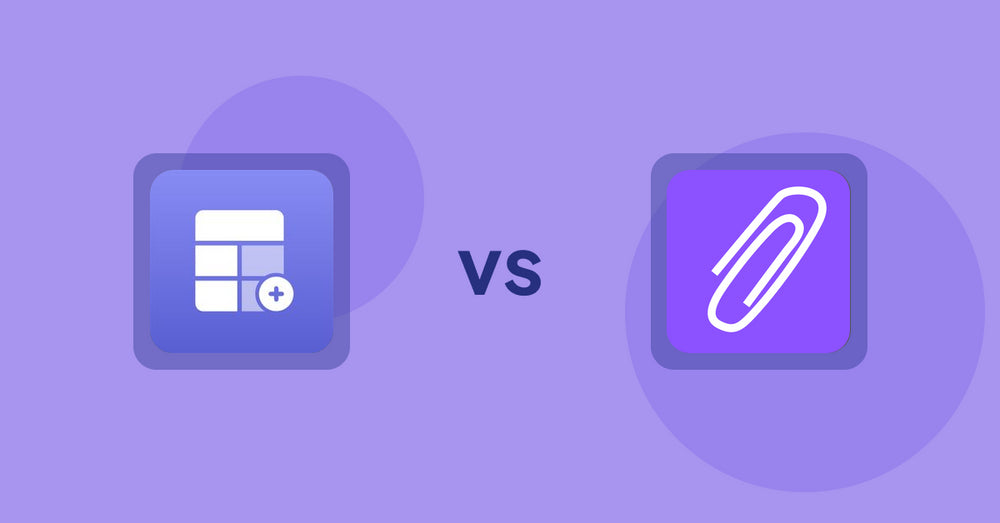
Shopify Product Display Apps: Eazy Specification Tags Table vs Agile Attachments
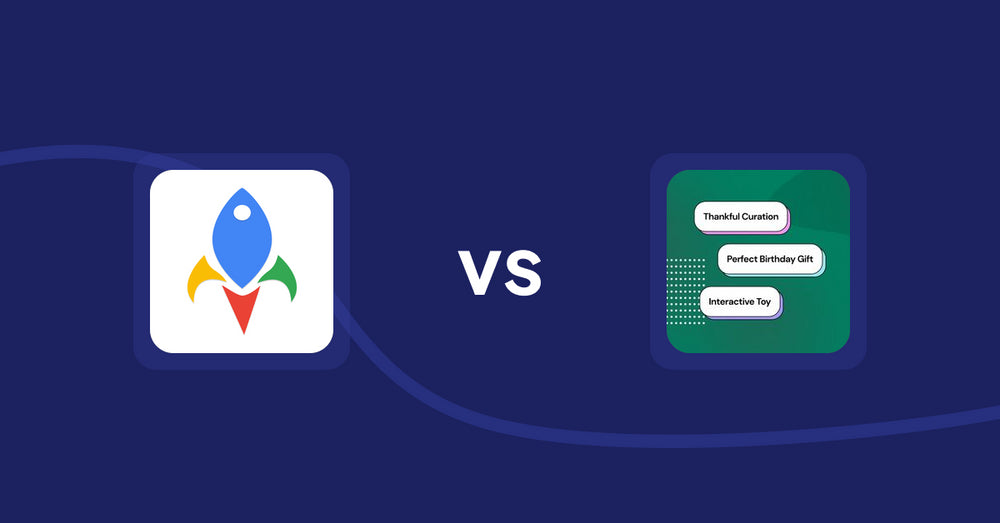
Shopify Product Display Apps: Jedi Back In Stock Admin Alert vs FeatureFrame ‑ Pretty Product
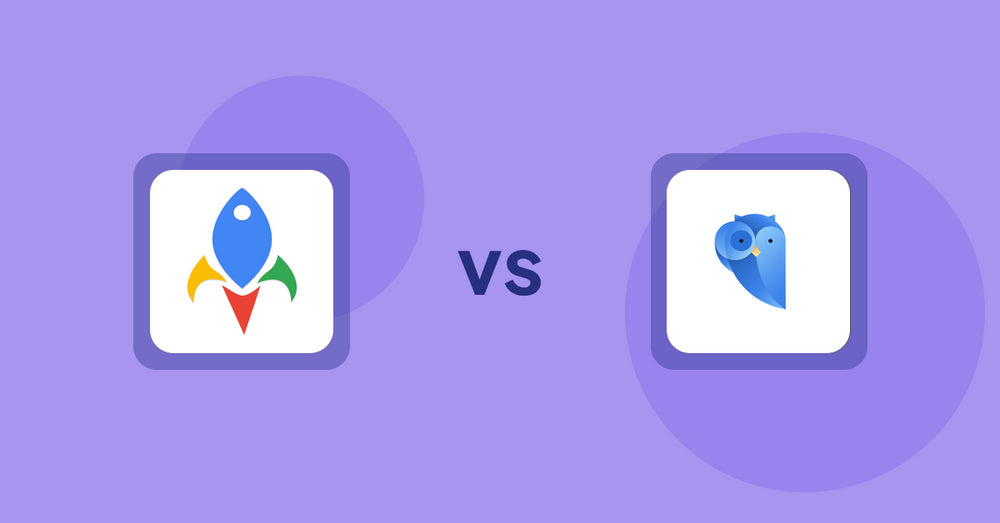
Shopify Product Display Apps: Jedi Back In Stock Admin Alert vs. Findify Search & Merchandise
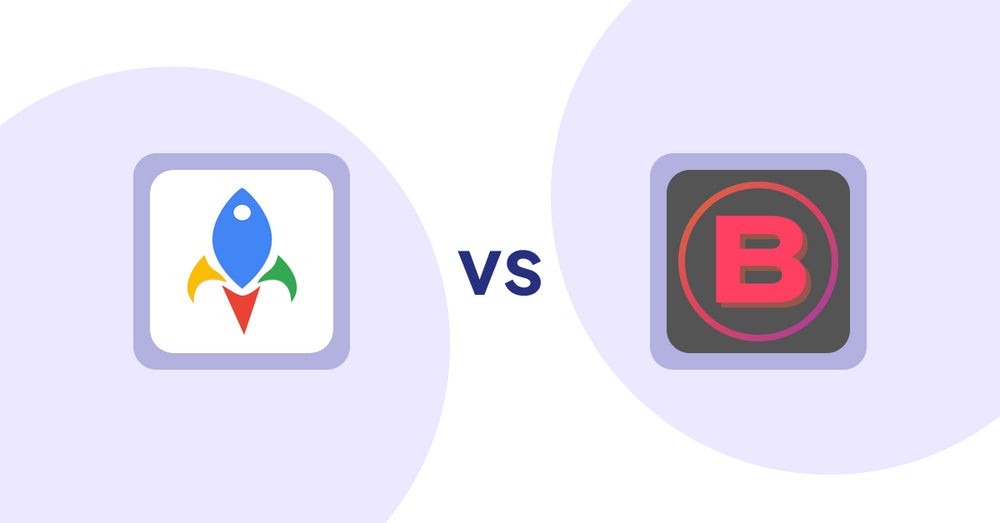
Shopify Product Display Apps: Jedi Back In Stock Admin Alert vs Banter Stories
